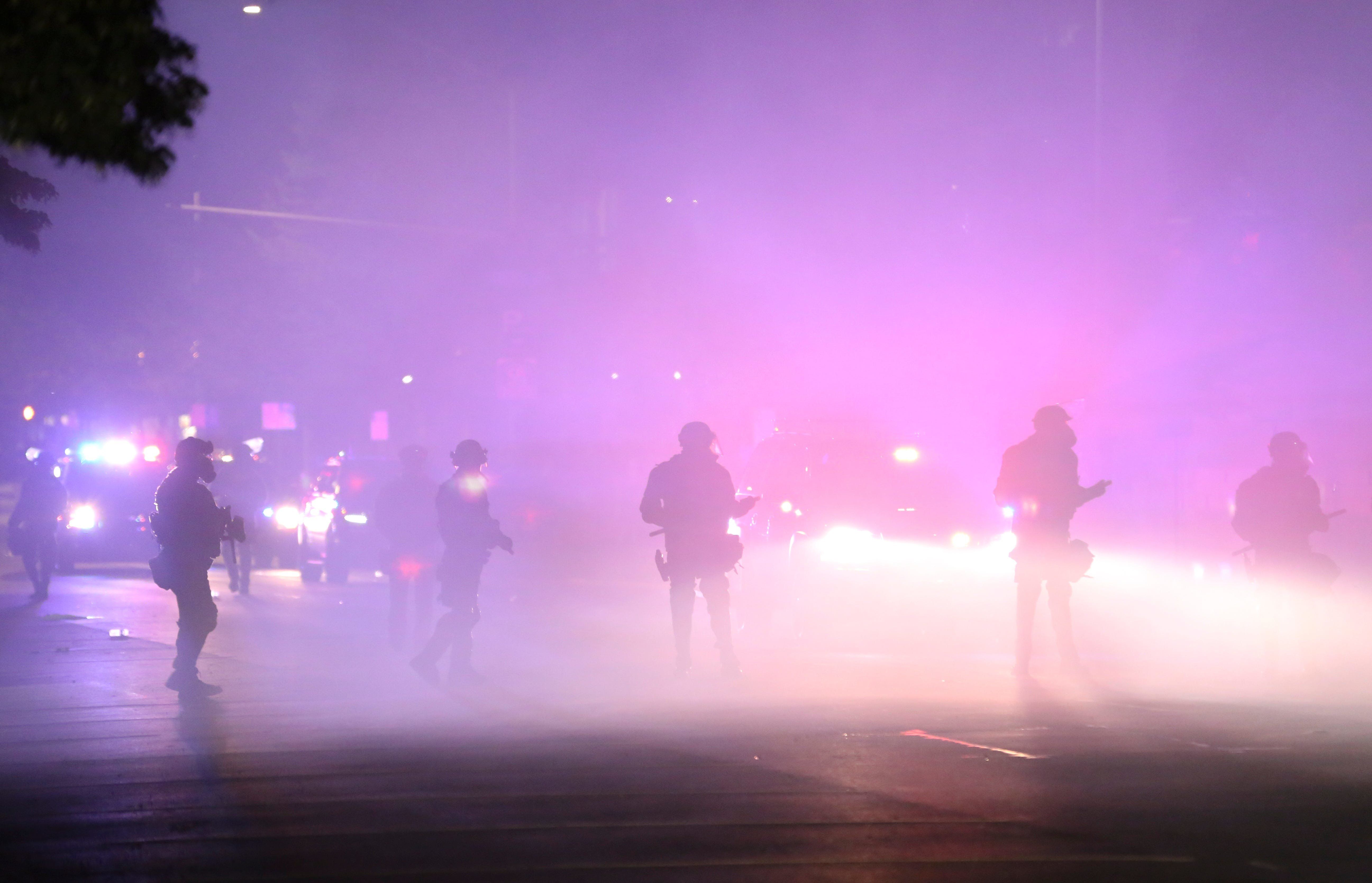News
June 16, 2020
98: Law enforcement officers have used tear gas in at least 98 different US cities in response to the George Floyd protests. That's the most widespread use of the chemical for crowd control in the country since the massive social unrest of the late 1960s and early 1970s, according to a scholar at Johns Hopkins.
1 trillion: The pandemic could cause global foreign direct investment (FDI) to plunge by half over the next 2 years, falling below $1 trillion for the first time since 2005, according toa new report by the Conference on Trade and Development. As global investment flows dry up, developing economies are expected to be the hardest hit.
40: Peru's GDP plunged by more than 40 percent in April, the worst monthly output drop in the country's history. Coronavirus lockdowns have clobbered the mining sector, which accounts for nearly two-thirds of the Peruvian economy. Although Peru was one of the first countries in South America to impose a lockdown, it is now second in cases and deaths only to Brazil, which has a population seven times as large.
1 billion: Moldova has asked the US to hand over Vladimir Plahotniuc, an influential oligarch accused of swindling up to $1 billion — about one-eighth of the country's GDP — from three local banks in 2014-2015. Plahotniuc, a former legislator and one of Moldova's richest men, is also wanted by Russia for alleged involvement in a cybercrime gang.
More For You
A photograph posted by U.S. President Donald Trump on his Truth Social account shows him sitting next to CIA Director John Ratcliffe as they watch the U.S. military operation in Venezuela from Trump's Mar a Lago resort, in Palm Beach, Florida, U.S., January 3, 2026.
@realDonaldTrump/Handout via REUTERS
Most Popular
- YouTube
In this "ask ian," Ian Bremmer analyzes Trump’s recent meeting with Zelensky and how close (or far) Russia and Ukraine are from a peace deal.
Syrian President Ahmed al-Sharaa attends the military parade of the Syrian army in Umayyad Square in central Damascus to mark the one-year anniversary of the fall of the Assad regime, on Dec. 8, 2025.
Mohammed Al-Rifai/dpa via Reuters Connect
A year ago this month, Syria’s brutal dictatorship collapsed. There are signs of recovery, but sectarian violence threatens to undermine the optimism.
© 2025 GZERO Media. All Rights Reserved | A Eurasia Group media company.
